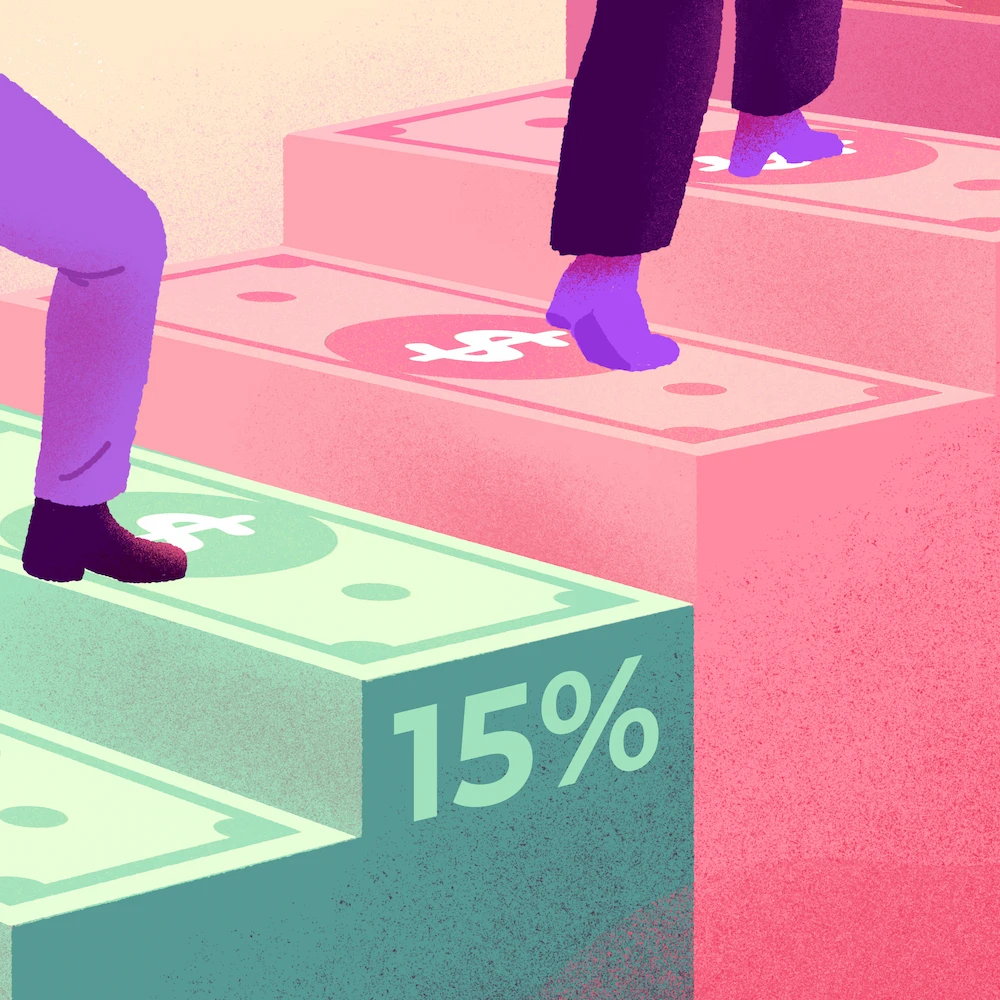Front pay refers to compensatory money awarded to a terminated employee who suffered discrimination or retaliation in order to cover for their lost compensation.
When Does an Employer Have to Pay Front Pay?
Employers may have to give front pay to an employee if a court finds them guilty of discrimination or retaliation against a plaintiff or are found guilty of an unlawful termination.
How Is the Amount of Front Pay Determined?
The amount of front pay is determined by a settlement agreement or a court.
The specific amount depends on each case and can vary greatly based on the severity and the impacts of the discrimination or retaliation.
What Are Examples of Front Pay?
Examples of front pay include:
- An employee receives front pay to cover for the discrimination they had to endure at work during 2 years, including amounts covering for lost wages, reputational harm, and emotional distress.
- An employee receives front pay to cover for their lost wages as their termination has been judged unlawful.
What Is the Difference Between Front Pay and Reinstatement?
Reinstatement refers to the restoration of an employee to their former position including all the compensation, benefits, and seniority they had.
Front pay only includes an amount of money to cover the loss suffered by an employee due to discrimination or retaliation.
What Are the Limits of Front Pay?
Front pay limits depend on the laws in place. Some countries may put limits on the compensatory and punitive damages depending on the size of the company.
Typically, the amount of front pay is determined based on the loss and potential loss of the plaintiff.







